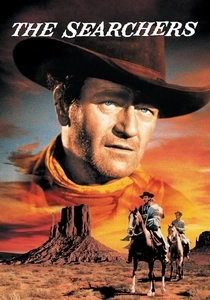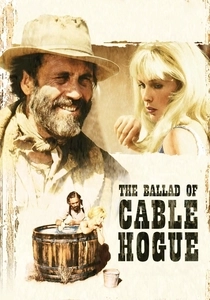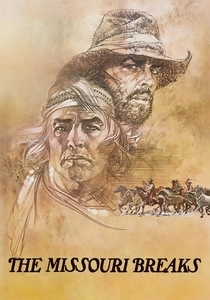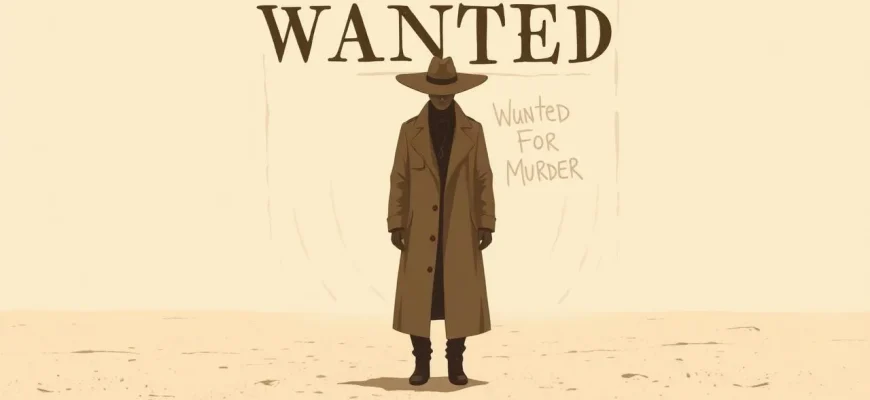The Wild West is often portrayed as a lawless land where justice can be as elusive as a mirage in the desert. In these ten films, we delve into the gripping narratives where characters face the harrowing ordeal of being falsely accused. From classic tales to modern retellings, these stories not only entertain but also provoke thought about justice, truth, and the human spirit's resilience in the face of adversity.

The Ox-Bow Incident (1943)
Description: In this classic, a posse hunts down three men suspected of cattle rustling and murder. Despite their protests of innocence, the mob's thirst for justice leads to a tragic outcome, highlighting the dangers of mob mentality and false accusations.
Fact: The film was adapted from Walter Van Tilburg Clark's novel and is often cited for its powerful anti-lynching message.
 Watch Now
Watch Now 
The Gunfighter (1950)
Description: Jimmy Ringo (Gregory Peck) is a legendary gunslinger who wants to settle down but is constantly challenged by young guns seeking fame. He's falsely accused of cowardice and murder, leading to a poignant exploration of fame and redemption.
Fact: The film was one of the first to portray the gunslinger as a tragic figure rather than a hero, influencing many future Westerns.
 Watch Now
Watch Now 
High Noon (1952)
Description: Sheriff Will Kane (Gary Cooper) is about to retire when he learns that a criminal he sent to prison is coming back for revenge. Despite being falsely accused of cowardice by the townspeople, Kane stands alone to face the danger.
Fact: The film was shot in real-time, with the entire story unfolding in 85 minutes, mirroring the actual time frame of the plot.
 Watch Now
Watch Now 
The Searchers (1956)
Description: Ethan Edwards (John Wayne) embarks on a quest to find his niece, kidnapped by Comanches. His journey is fraught with accusations of racism and revenge, but the truth behind his motivations is more complex than it seems.
Fact: The film is often cited for its complex portrayal of racism and its influence on the Western genre.
 Watch Now
Watch Now 
3:10 to Yuma (1957)
Description: A struggling rancher, Dan Evans (Van Heflin), takes on the dangerous job of escorting a notorious outlaw, Ben Wade (Glenn Ford), to the 3:10 train to Yuma. Wade's gang falsely accuses Evans of betrayal, leading to a tense and morally complex journey.
Fact: The film was remade in 2007 with Russell Crowe and Christian Bale, but the original is celebrated for its tight narrative and strong performances.
 Watch Now
Watch Now 
The Man Who Shot Liberty Valance (1962)
Description: Senator Ransom Stoddard (James Stewart) returns to the town where he was once a lawyer, to attend the funeral of Tom Doniphon (John Wayne). The story unfolds how Stoddard was wrongly credited for killing the notorious outlaw Liberty Valance, leading to a tale of truth versus legend.
Fact: This film is often considered one of John Ford's greatest works, and its famous line, "When the legend becomes fact, print the legend," has become a cultural touchstone.
 Watch Now
Watch Now 
True Grit (1969)
Description: Mattie Ross (Kim Darby) hires the tough, drunken U.S. Marshal Rooster Cogburn (John Wayne) to track down her father's killer. Cogburn's methods are often questioned, leading to accusations of recklessness and brutality.
Fact: John Wayne won his only Academy Award for Best Actor for his role as Rooster Cogburn.
 Watch Now
Watch Now 
The Ballad of Cable Hogue (1970)
Description: Cable Hogue (Jason Robards) is left to die in the desert by two men who steal his water. Surviving against all odds, he finds water and builds a stagecoach stop, facing accusations of being a fraud and a cheat.
Fact: This film was directed by Sam Peckinpah, known for his revisionist Westerns, and features a unique blend of comedy and drama.
 Watch Now
Watch Now 
The Missouri Breaks (1976)
Description: A cattle rustler (Jack Nicholson) and a rancher (John McLiam) face off against a notorious regulator (Marlon Brando). The rustler is wrongly accused of being a murderer, leading to a cat-and-mouse game in the rugged landscape.
Fact: This film marked the first time Marlon Brando and Jack Nicholson shared the screen.
 Watch Now
Watch Now 
The Outlaw Josey Wales (1976)
Description: After his family is murdered by Union soldiers, Josey Wales (Clint Eastwood) becomes an outlaw. He's falsely accused of being a ruthless killer, but his journey reveals a man seeking justice and redemption.
Fact: The film was directed by Clint Eastwood, marking his second directorial effort, and it's known for its iconic line, "Dyin' ain't much of a livin', boy."
 Watch Now
Watch Now 








